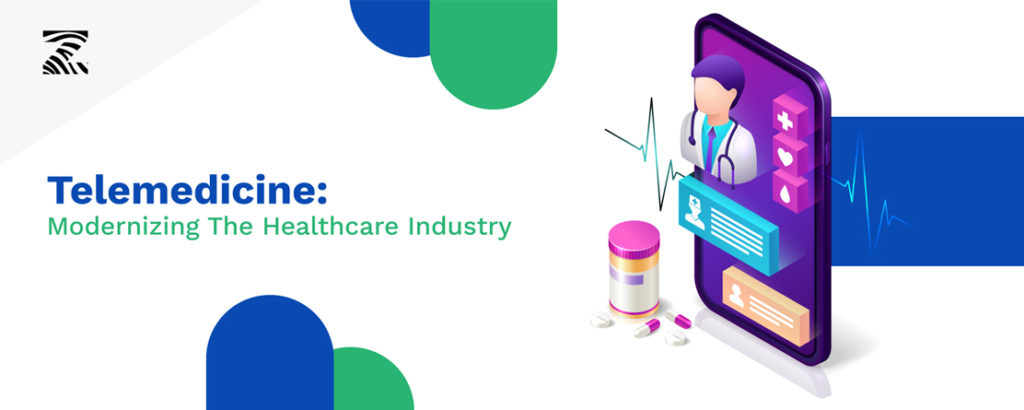Putting Patients First – Key Principles in Achieving Patient Centered Care

The fast-paced and complex healthcare landscape has made it more essential than ever to prioritize the needs, preferences, and experiences of patients. At Zebdoc, we believe that placing patients at the heart of healthcare not only improves their outcomes but also enhances the overall efficiency and effectiveness of healthcare services.
In this article by zebdoc, we will discuss the key factors that contribute to achieving patient-centered care and empowering healthcare providers to create an environment that truly puts patients first.
What Exactly Does Patient-Centered Care Mean?
Patient-centered care is a guiding principle that places the patient at the forefront of healthcare. It emphasizes on customizing medical care to meet the unique needs, values, and preferences of each individual – by establishing open communication, involving patients in decision-making, and treating them with compassion and respect.
At its core, patient-centered care acknowledges that patients are not merely recipients of healthcare services but active participants in their own well-being. It recognizes their expertise in their own lives and encourages shared decision-making between healthcare providers and patients.
In practical terms, patient-centered care means healthcare professionals actively listen to patients, understand their concerns, and engage in meaningful conversations to understand the patient’s background, cultural beliefs, and personal circumstances and provide care that aligns with their goals, values, and expectations.
Why is Patient-Centered Care Important?
Here are the main reasons why patient-centered care is an important part of modern healthcare:
Improved Outcomes:
By involving patients in decision-making, healthcare providers create personalized treatment plans that lead to better health outcomes.
Enhanced Satisfaction:
Open communication, empathy, and respect in patient-centered care fosters a supportive environment, resulting in higher patient satisfaction.
Increased Compliance:
Collaboration and shared decision-making empowers patients to adhere to treatment regimens, improving clinical outcomes and reducing healthcare costs.
Cultivated Trust:
Patient-centered care builds therapeutic patient-physician relationships, where patients feel comfortable sharing their concerns, enhancing patient-centered communication and treatment outcomes.
Holistic Approach:
Recognizing the broader aspects of health, patient-centered care addresses social, emotional, and psychological well-being for comprehensive and effective care.
Empowerment:
Patient-centered care empowers individuals with knowledge and resources to actively manage their health, leading to healthier behaviors and lifestyles.
Key Principles of Patient-Centered Care
Patient-centered care revolves around principles that prioritize the needs, preferences, and experiences of individual patients. These principles create a foundation for healthcare that is respectful, collaborative, and tailored to each patient’s unique circumstances.
Here are the key principles of patient-centered care:
Principle 1: Respect for Patient Autonomy
Respecting patient autonomy means honoring their rights to make healthcare decisions. It involves providing information, ensuring informed consent, and involving patients in treatment choices. Valuing patient autonomy empowers individuals to actively participate in their healthcare.
Principle 2: Effective Communication
Effective communication is essential in patient-centered care. It includes active listening, clear and empathetic dialogue, and conveying information in a way that patients understand. Open patient-centered communication builds trust, develops understanding, and facilitates shared decision-making.
Principle 3: Coordination & Integration of Care
Patient-centered care emphasizes seamless coordination across healthcare providers, settings, and services. This principle minimizes fragmentation, improving continuity of care. Effective coordination enables collaboration and information sharing, resulting in a comprehensive approach to the patient’s well-being.
Principle 4: Emotional & Psychological Support
Patient-centered care recognizes the emotional and psychological needs of patients. It involves providing empathetic support, addressing fears and concerns, and acknowledging the impact of emotional well-being on overall health.
Principle 5: Patient Education & Shared Decision-Making
Patient education and shared decision-making empowers patients to participate actively in their care. It provides comprehensive information about conditions, treatment options, and potential outcomes. Engaging patients in decision-making promotes collaboration, respects their values and preferences, and creates a sense of partnership in the process.
Patient-Centered Care Benefits
Patient-centered care brings a host of benefits that positively impacts both patients as well as healthcare providers.
Here are the key benefits of implementing a patient centered approach:
- Improved Patient Outcomes
- Enhanced Patient Satisfaction
- Increased Healthcare Efficiency
- Stronger Patient-Physician Relationships
- Better Shared Decision-Making
- Increased Patient Safety
- Greater Health Equity
- Better Disease Management
- Reduced Healthcare Costs
- Prevention and Health Promotion
- Improved Patient Engagement
- Innovation and Quality Improvement
Challenges in Implementing Patient-Centered Care
Implementing patient-centered care is a transformative endeavor that comes with its own set of challenges. Recognizing and understanding these challenges is essential for successfully integrating patient-centered principles into healthcare practices.
Here’s a list of the key challenges:
Cultural Shift:
Changing mindsets, attitudes, and practices at all levels of healthcare organizations to prioritize patient-centered care requires a significant cultural shift.
Time Constraints:
Balancing efficiency and patient-centered approach can be challenging in a busy healthcare setting, with limited time for effective patient-centered communication and collaboration.
Health Literacy & Education:
Bridging health literacy gaps and providing accessible information and resources are crucial for meaningful patient-centered interactions.
Financial & Reimbursement Models:
Aligning financial incentives and reimbursement structures with patient-centered care requires systemic changes and support from payers and policymakers.
Training & Education:
Additional training in effective patient-centered communication, shared decision-making, cultural competency, and health literacy is necessary for consistent delivery of patient-centered care.
Evaluation & Metrics:
Developing evaluation frameworks that measure patient-centered outcomes and captures the patient experience beyond traditional clinical indicators is a challenge.
Patient-Centered Care vs Person-Focused Care
Patient-centered care and person-focused care are two approaches that prioritize the individual in healthcare, but they have distinct differences. Understanding these differences is crucial in creating a healthcare environment that truly values and caters to the needs of each individual.
Let’s explore the characteristics of each approach:
Patient-centered care and person-centered care, both prioritize the individual in healthcare but differ in scope. Patient-centered care tailors medical care to meet specific patient needs, involving them in decision-making and recognizing their expertise in their own lives.
On the other hand, person-focused care takes a broader perspective, considering the person’s multifaceted well-being beyond medical needs. It encompasses values, patient-physician relationships, community, and overall quality of life.
While patient-centered care focuses on individualized medical care, person-focused care addresses the person’s holistic well-being.
Both approaches value individuality, involvement, and respect for preferences, with person-focused care extending beyond immediate healthcare to consider the person’s overall life experience.
Conclusion
Patient-centered care prioritizes collaboration, empowerment, and improved outcomes. Zebdoc streamlines workflows, enhances patient-centered communication, and facilitates personalized care delivery.
By leveraging our platform, healthcare organizations can overcome challenges, enhance patient experiences, and achieve better outcomes.
Contact us today to learn more about how our platform can transform your practice and elevate the patient-centered care experience.
Together, we can make a positive impact on patients’ lives and your healthcare organization’s success.


